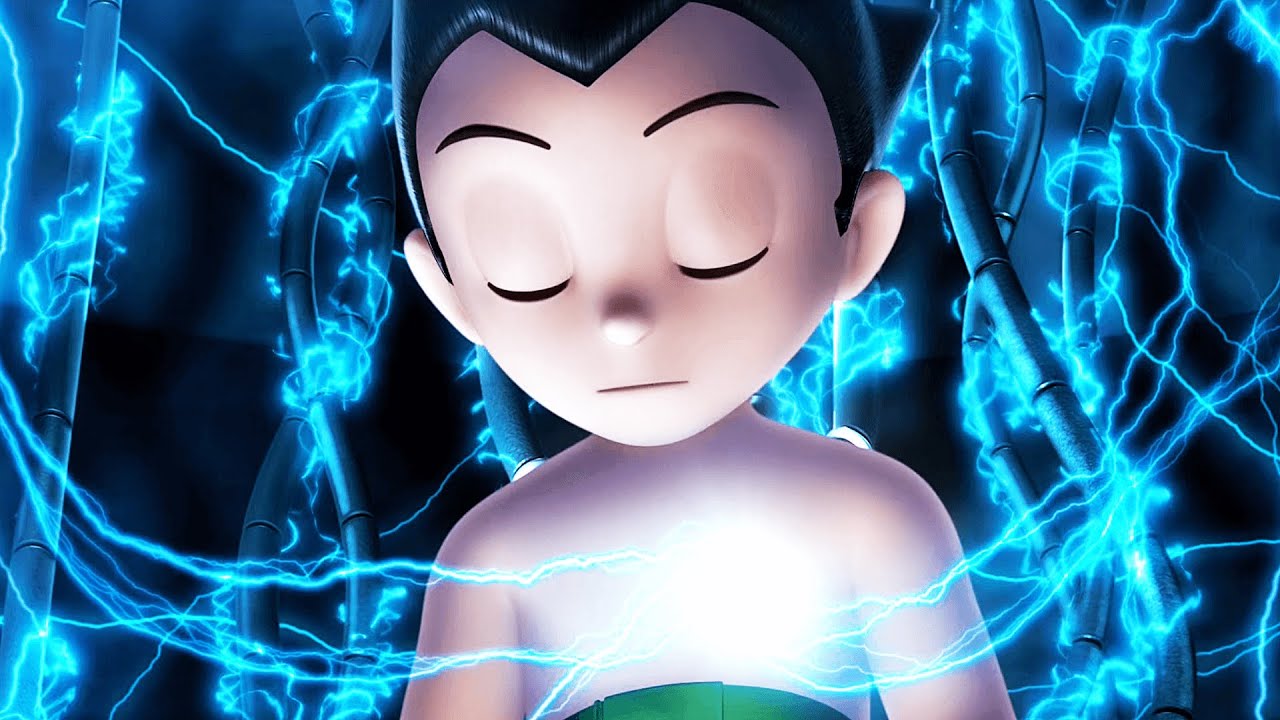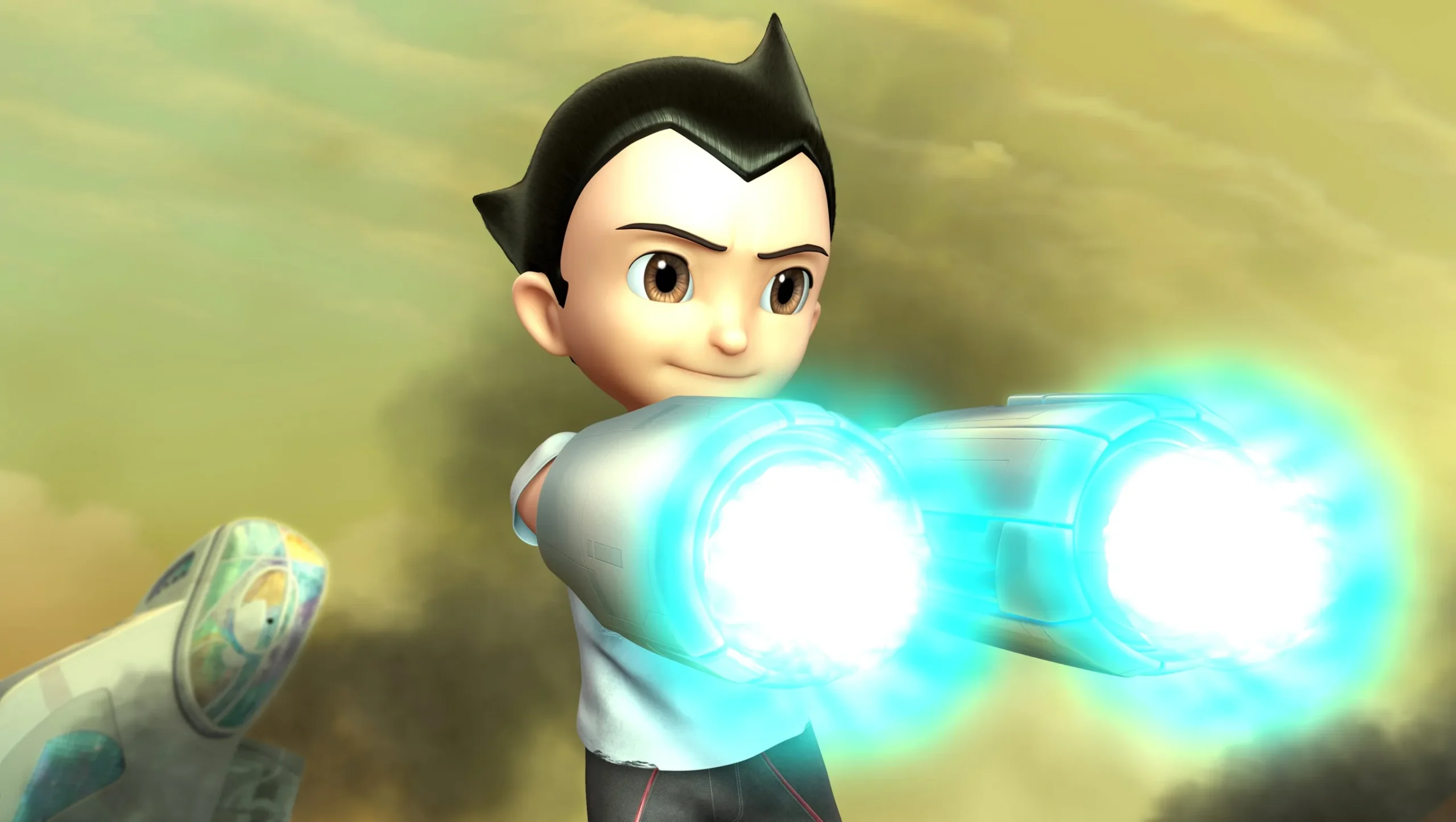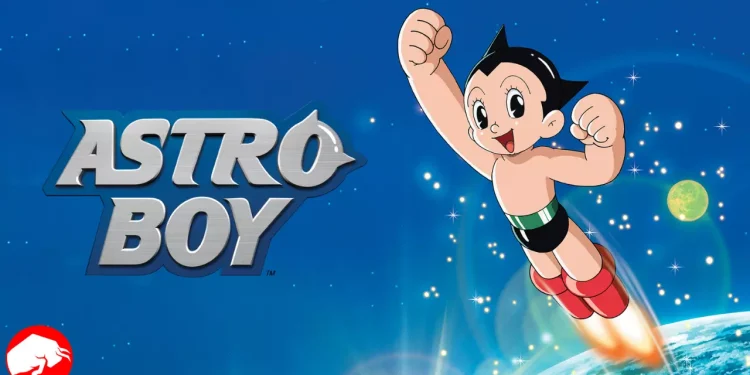Astro Boy, often cited as the harbinger of modern anime, continues to be a prized jewel in the treasure chest of Japanese animation. Born from the mind of the legendary Osamu Tezuka in 1952 as a manga, Astro Boy (or Mighty Atom, as it is known in Japan) has since seen three distinctive anime adaptations, each echoing the technological and societal temperaments of their respective times. From the monochrome innocence of the 1963 original to the darker narrative shades in the 1980 remake, and the digital finesse of the 2003 version, the Astro Boy series has not merely narrated the adventures of a robot boy but charted the evolving landscape of animation.
The genesis of Astro Boy was in many ways the genesis of an entire industry, as it introduced the world to the unique narrative and aesthetic sensibilities of Japanese animation. Its imprint is indelible, its legacy irreplaceable. This piece aims to saunter down the memory lane of Astro Boy’s rich history, its cultural impact, and, for the fans new and old, where to rekindle or ignite the adventure that is Astro Boy.

The Adventures of Astro Boy: A Trip Down Memory Lane
In a world much simpler, at a time much slower, came along a little robot with a heart of gold and horsepower of a hundred thousand. Astro Boy dashed across the television screens in 1963, in what would become a defining moment in the annals of animation history. This inaugural anime series ran for a remarkable 193 episodes, its narrative simple, yet profound, its animation basic, yet evocative. The black and white frames carried within them the boundless imagination of Tezuka and the endless possibilities of a genre in its nascent stage.
The dawn of the 1980s saw Astro Boy reborn in color, with a narrative carrying a slightly darker tone. The world had changed, and so had Astro Boy, reflecting the complexities of a new decade. This remake carried the original’s spirit while exploring deeper societal and emotional themes.
The year 2003 didn’t just mark a new millennium but also the 40th anniversary of the original Astro Boy anime. This milestone was celebrated with a new Astro Boy series, which showcased the leaps the animation industry had taken. With refined digital animation and a contemporary narrative, this series brought Astro Boy to a new generation of audiences.
Where to Relive the Adventures
In the modern era of streaming, the adventures of Astro Boy are just a click away. For those seeking to dive into the nostalgic 1963 and 1980 versions, RetroCrush is the place to be. The 1963 version is also available for streaming on Funimation Now. If the 2003 adaptation is what you seek, head over to Yidio, or you can find it on demand on platforms like Apple TV and Amazon Prime.
Moreover, for the aficionados who wish to own a piece of this monumental anime legacy, DVD/Blu Ray versions of every Astro Boy series are available for purchase. Madman Entertainment has released box sets of the 1963 and 1980 renditions, while the 2003 version, initially distributed by Sony Pictures Home Entertainment, was later released as home media by Mill Creek Entertainment.

The Legacy Continues
The significance of Astro Boy goes beyond its own narrative. It was the flagbearer of an animation invasion from the East to the West, as the 1963 series became the first-ever Japanese animated show to be aired in the US from September 7, 1963, to June 4, 1965. It was not just a show, but a cultural ambassador that bridged the gap between the two worlds.
🚀 Still remember Astro Boy?
He's back, and this time he's ready to explore different life roles alongside his iconic iron arm!
Astro Boy Diverse Life Series
Release date: 2023/09/29 pic.twitter.com/ISFyjhchqZ— POP MART (@POPMARTGlobal) September 22, 2023
The Astro Boy franchise didn’t just stop at TV shows. It spiraled into a colossal franchise comprising movies, video games, and more. In 2009, a CGI animated movie adaptation took flight, with Hollywood stalwarts like Nicholas Cage lending their voices and Freddie Highmore voicing the titular character. There was also a whisper of a live-action adaptation by Warner Brothers Studios in 2015, although details remain scant.
As described on the official website of Anime News Network, the 1963 series portrays a futuristic Japan where robots are a common sight. The narrative follows Tobio, a robot created by Dr. Tenma to replace his deceased son, later named Astro Boy, embarking on a journey of self-discovery, righteousness, and battling the evils that threaten his world. With a power-packed 100,000 horsepower strength and seven super-abilities at his disposal, Astro Boy became an epitome of the good that resides within, be it man or machine.
Astro Boy, over the decades, has not just entertained but inspired, making us ponder on the intricate relationship between humanity and technology, all the while delivering an unforgettable adventure. The legend of Astro Boy isn’t confined to a certain era or generation; it’s an enduring tale that continues to capture the hearts of many, with the spirit of Mighty Atom soaring through the skies of imagination, now easily accessible on various streaming platforms.










